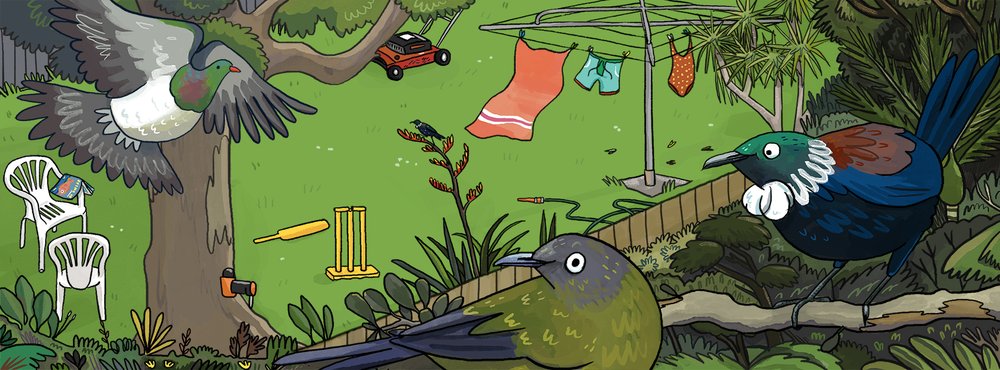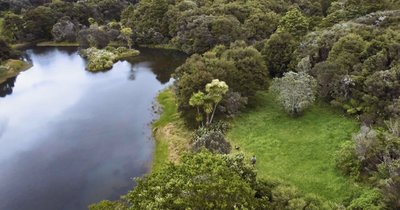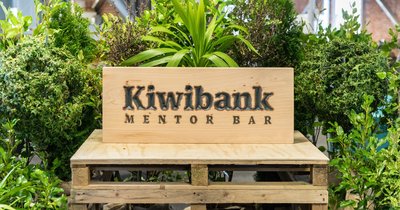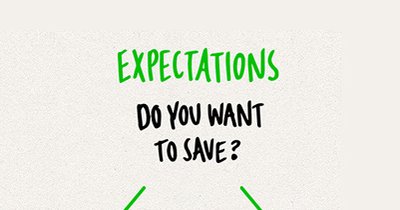Our native species are under threat in our towns and cities but they're not forgotten. The Predator Free New Zealand Trust (PFNZ) and Kiwibank have partnered together to support communities successfully ridding their backyards of unwanted predators. By removing the pests that threaten them, PFNZ and Kiwibank, together with communities all around New Zealand, are encouraging native species to come back into our urban environments.
Under this partnership, select communities who have successfully applied for funding receive subsidised humane trapping equipment, with PFNZ providing help and advice on best practice. What’s the long-term goal? To get a trap in every 5th backyard across the towns, suburbs and communities of New Zealand. And it’s gaining traction.
What started with 10 communities last year has seen an additional 14 come on board in 2017, with the goal of 30 communities in total by June 2018.
Palm Beach on Waiheke Island and Mount Cook in Wellington are two communities that succeeded with their applications in June this year. Both of these communities have passionate and dedicated volunteers spreading the word about trapping predators like rats, stoats and possums in their backyard. We spoke to two of the volunteers championing this great initiative.
Good riddance to the rodent!
Andrew Roxburgh is a computer programmer by trade, and while running around after his two-year-old twins takes up much of his time, he still finds a few hours each week to dedicate to his predator free work in Mount Cook and Newtown.
Andrew wanted to get involved in a conservation project after hearing about the work happening in Crofton Downs – the first suburb in NZ to be declared predator-free. He got in touch with Gary Scott, founder of the Mount Cook Predator Free Initiative, and before he knew it, he was helping distribute traps to his neighbours and showing them how they work.
The Mount Cook team only started late last year but has already expanded with four more volunteers helping with trap distribution. Neighbouring communities are also getting on the predator-free bandwagon, with keen volunteers in Newtown and Berhampore joining the cause. Andrew has found that most people are receptive to eradicating predators in their backyards. Once people know about the cause, it’s not long before they clamour to have traps set up. He says,
“We’re aiming for around 750 traps out across our three suburbs, so we’re really just getting started,”
Since starting, they’ve distributed close to 140 traps – most are funded by Kiwibank while others are on loan from Forest and Bird.
A worthwhile challenge
While there’s been good uptake of the traps, there are some challenges. For Andrew, getting trap-keepers to report catch data is a major one. Knowing the data helps organisers know how successful the trapping programme is. Andrew doesn’t think that Mount Cook has a worse rat problem than other urban parts of NZ, but he says “all of New Zealand has a rat problem – we’re not predator free yet!”
Of course, there are other ways of gauging the programme’s success. Since the trapping campaign began, Andrew says people in the community have become more aware of all the birds. They’re excited to see and hear such a variety of native birds, including tūī, pīwakawaka, kōtare and ruru around his neighborhood. Recently, he spotted a kaka from his house for the first time last month, and has been seeing them more and more.
“We can’t directly attribute any of these bird sightings to our work, but we do know that we’re making it easier for those birds to continue to make their homes here.”
As locals notice the birds, Andrew says it helps getting them to participate. “It’s a small commitment to do the trapping, but people can make a big difference when they’re a part of a bigger project like ours.”
Palm Beach: A predator-free paradise
Miriam Whelan isn’t your average Waiheke holiday home owner. She’s a marketing manager by day, who just wants to help rid Waiheke Island of unwanted predators.
She knew that something had to be done about the predators in her community when she saw a rat running across her deck in broad daylight.
The final straw was the sudden disappearance of a bird’s nest from the top of her water tank. She immediately got in touch with PFNZ who advised her to apply for funding as a community, then they would be able to support her with subsidised traps. Since then, she’s been Palm Beach’s driving force behind distributing the traps and sharing tips and tricks on the best ways to get rid of predators. But, she’s not doing it alone. Many people in her community are doing their part to see this initiative succeed.
Miriam has been using Kiwibank subsidised Goodnature Automatic Multi-Kill Trap; a self-resetting, multi-species trap, primarily designed for rats and stoats. It’s small, easy to install and provides a quick, humane death to predators. Predators are attracted to the trap by a long-life lure, which triggers a swift, gas-powered bolt to the head.
The dead predator then drops to the ground, and because there are no chemicals involved, it’s safe to decompose or be scavenged by other animals.
“We only started trapping in the last week of August and already it’s making a huge impact in the community,” she says. “In just one month, I got seven rats in my own trap. If we could get 100 people doing this on the island, it would add up to 1000s of rats eradicated and is well worth the money.”
Miriam has received a great response from the Palm Beach community, and support was bolstered after the local paper ran an article on her efforts. With 50 of the 300 holiday homes of Palm Beach already trapping, she hopes to see half the bay engaged in the initiative by next summer. And with Kiwibank’s help, this goal can easily become a reality.
“I think it’s awesome that Kiwibank is getting involved and hope there are positive spinoffs for them. They’re a bank that does a lot for New Zealand communities and it’s good for Kiwis to see their bank connected to doing good. I always make sure they get the kudos they deserve.”
Applications for the next round of funding for Kiwibank Predator Free Communities will open in February 2018.
To find out more about the Kiwibank Predator Free Community programme, check out the PFNZ website or read more about our conservation efforts.
Thanks to Giselle from Giselle Draws for creating this gorgeous illustration for Kiwibank, celebrating New Zealand Predator Free backyards.



